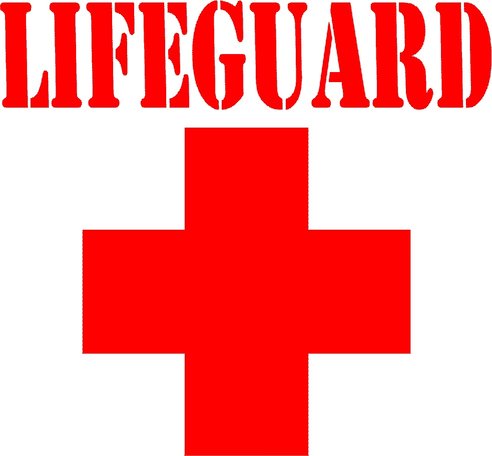I spent the five happiest years of my life in a morgue. As a forensic scientist in the Cleveland coroner’s office I analyzed gunshot residue on hands and clothing, hairs, fibers, paint, glass, DNA, blood and many other forms of trace evidence, as well as crime scenes. Now I'm a certified latent print examiner and CSI for a police department in Florida. I also write a series of forensic suspense novels, turning the day job into fiction. My books have been translated into six languages.
Sorry but I am not trained in facial recognition and I am notoriously bad with faces. My husband teases me about it all the time.I'm sorry I couldn't help!
You can't go wrong with a lot of science classes. When I was in college they didn't have courses specifically in forensic science, so that wasn't an option. And different agencies will have different requirements, so you might want to go online and check out the different vacancies to get some idea of what requirements are out there. You can also call labs you're interested in and ask, that way you get to 'meet' some people too.
Sure, I'll email you. You might also want to look over earlier questions on this site.
Usually in forensic science or any kind of natural science. If you want to go to into drug testing or toxicology, major in chemistry. If you want to do DNA analysis, then biology or biochemistry.
Hotel Employee
 Can you give guests room upgrades at your sole discretion?
Can you give guests room upgrades at your sole discretion?
Professor
 How do you prevent cheating and plagiarism these days?
How do you prevent cheating and plagiarism these days?
Lifeguard
 Are most public pools just gross lakes of bodily fluids?
Are most public pools just gross lakes of bodily fluids?
Your nuclear DNA is the same in the skin cells holding your hair in place, your saliva, your blood, your skin, your bone marrow etc. Your friend's DNA is of course different from yours, but the same in their saliva, their blood etc. The criminals probably threw someone else's hair around the crime scene so it wouldn't match them.
Why does this sound like a homework question?
I checked city and county websites for job postings.
-OR-
 Login with Facebook
Login with Facebook (max 20 characters - letters, numbers, and underscores only. Note that your username is private, and you have the option to choose an alias when asking questions or hosting a Q&A.)
(A valid e-mail address is required. Your e-mail will not be shared with anyone.)
(min 5 characters)
By checking this box, you acknowledge that you have read and agree to Jobstr.com’s Terms and Privacy Policy.
-OR-
 Register with Facebook
Register with Facebook(Don't worry: you'll be able to choose an alias when asking questions or hosting a Q&A.)